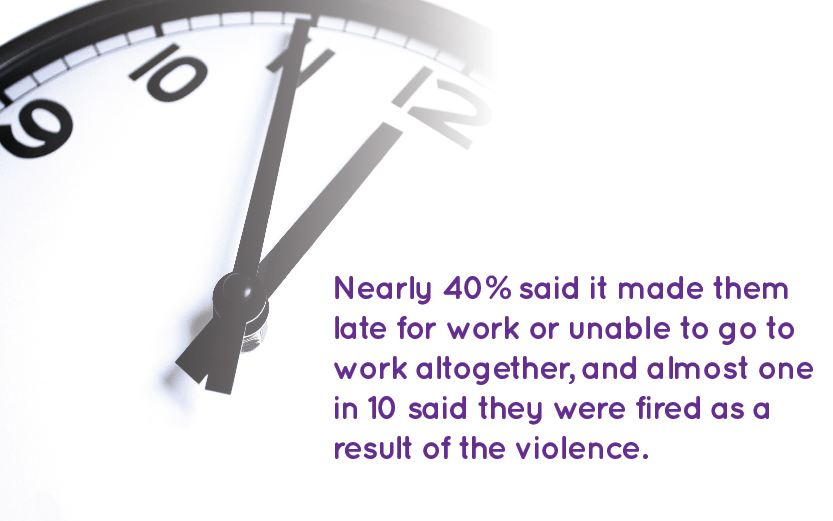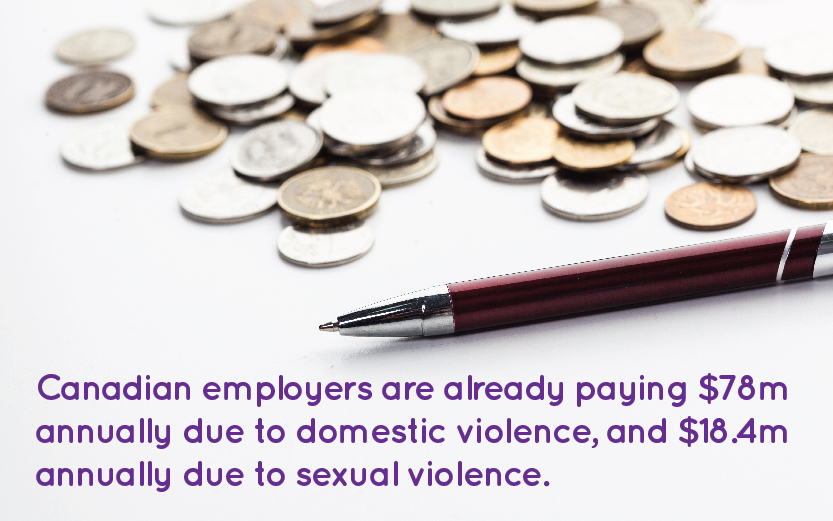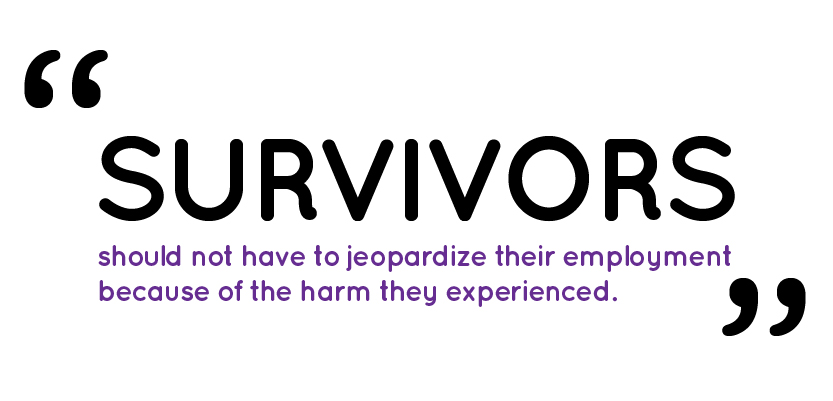Why We Need to Support Paid Domestic and Sexual Violence Leave

Peggy Sattler is the NDP Member of Provincial Parliament for London West. She was first elected in a by-election August 1, 2013 and was re-elected in June, 2014. Peggy is the Ontario NDP critic for Women’s Issues, Education, and Advanced Education and Skills Development.
Prior to her election, Peggy served as a Trustee on the Thames Valley District School Board for 13 years, including two terms as board chair. She also served on the executive of the Ontario Public School Boards' Association.
In her professional career as Director of Policy at London-based firm Academica Group, Peggy led provincial and national research studies with a focus on post-secondary education. She worked with many community agencies on workforce development and local issues, and played a key role in the establishment of the Ability First coalition, an award-winning initiative to engage London employers in hiring people with disabilities.
She holds a Masters of Education from Western University, and is a graduate of McMaster University and Fanshawe College. She is married with two children.
Survivors of domestic or sexual violence should not have to choose between their job and their safety. That’s the basic principle behind my Private Members’ Bill, the Domestic and Sexual Violence Workplace Leave, Accommodation and Training Act (Bill 26), which provides survivors with up to 10 days of paid leave for specific purposes related to or arising from the violence. These include seeking medical attention, accessing counselling, meeting with police or lawyers, or finding a new place to live (often an urgent challenge for women and their children who are fleeing violence). The bill also provides for additional unpaid leave if necessary, as well as workplace accommodations – such as changes to hours or location of work – and mandatory workplace training on domestic and sexual violence.
Research shows that employment is a key pathway to enable women to leave a violent relationship and rebuild their lives. If you are a woman living with an abusive partner, going to work might be the only avenue available to you to escape the violence – even if it’s only for a few hours a day. When you are at work, you might confide in a co-worker or supervisor about the violence at home, and that disclosure could connect you to community services that can help. If you do not work, you may feel unable to ever leave the abusive relationship, especially if there are children involved. The risks of leaving without any kind of financial security are just too great, which is why many abusers try to prevent their partners from working, and why so many women feel trapped in abusive relationships.
At the same time, the violence that women experience at home often follows them to work. This was confirmed in a 2014 research study by the Canadian Labour Congress and Western University’s Centre for Research & Education on Violence Against Women & Children. Of the 8400 survey respondents, one-third reported experiencing at least one incident of violence from an intimate partner in their lifetime and 42% disclosed to someone at work. Not surprising, 82% of the survivors said the abuse negatively affected their job performance. Nearly 40% said it made them late for work or unable to go to work altogether, and almost one in 10 said they were fired as a result of the violence. Less expected was the impact on coworkers, whose own work performance frequently suffered because of the stress and concern they felt for their colleague.

This means that employers are already bearing a significant financial burden related to domestic violence and sexual violence. There is a cost to employers when their employees who have experienced violence are distracted and unable to perform to their full capacity, when they are chronically late or absent from work, when they resign and must be replaced. These costs were quantified in major studies by the federal Department of Justice, which estimate that Canadian employers are already paying $78m annually due to domestic violence, and $18.4m annually due to sexual violence. Bill 26 shifts those costs to helping employees recover from the violence so they can return to work as productive employees. It allows women who have experienced domestic violence or sexual violence to get the supports they need to heal from the trauma without risking the loss of their jobs.

My bill encompasses both domestic violence and sexual violence because of what I heard as a member of the all-party Select Committee on Sexual Violence and Harassment. Over and over again, the committee was urged to ensure survivor-centric responses to violence. From this perspective, whether the violence was experienced at home, on a date, at work, or anywhere in the community, the basic needs of survivors are the same. They may need to see a doctor or talk to a crisis counsellor; they may need to meet with lawyers or the police; they may need to find a new place to live. Many of these tasks require time away from work, and survivors should not have to jeopardize their employment because of the harm they experienced.

While several US states have legislation in place to provide unpaid leave for domestic violence, sexual assault and stalking, many survivors cannot afford to take unpaid leave, especially those who are most vulnerable. That is why a growing number of jurisdictions, including Australia and some US states, are recognizing the importance of paid leave. Last year, Manitoba became the first Canadian province to provide paid leave for domestic violence, and in November 2016, the Ontario Federation of Labour pledged to make 10 days of paid leave for domestic and sexual violence a bargaining priority.
Bill 26 passed second reading in the Ontario legislature on October 20, 2016, with unanimous support from all three parties and strong endorsement from the labour movement and violence against women advocates. It has now been referred to the Standing Committee on the Legislative Assembly. If you are interested in helping to support my bill, you can email the clerk of the committee (Trevor Day tday@ola.org) to urge that Bill 26 move forward as soon as possible for public input. You can also put in a request to appear before the committee when the hearings are scheduled. Your email should be copied to me (psattler-qp@ndp.on.ca), the Government House Leader Yasir Naqvi (ynaqvi.mpp@liberal.ola.org), Premier Kathleen Wynne (premier@ontario.ca) and Minister MacCharles (tmaccharles.mpp.co@liberal.ola.org).
The Minister of Labour has publicly declared his support for the provisions included in Bill 26, and I am hopeful that paid leave for domestic violence and sexual violence will soon become law in the province of Ontario.






